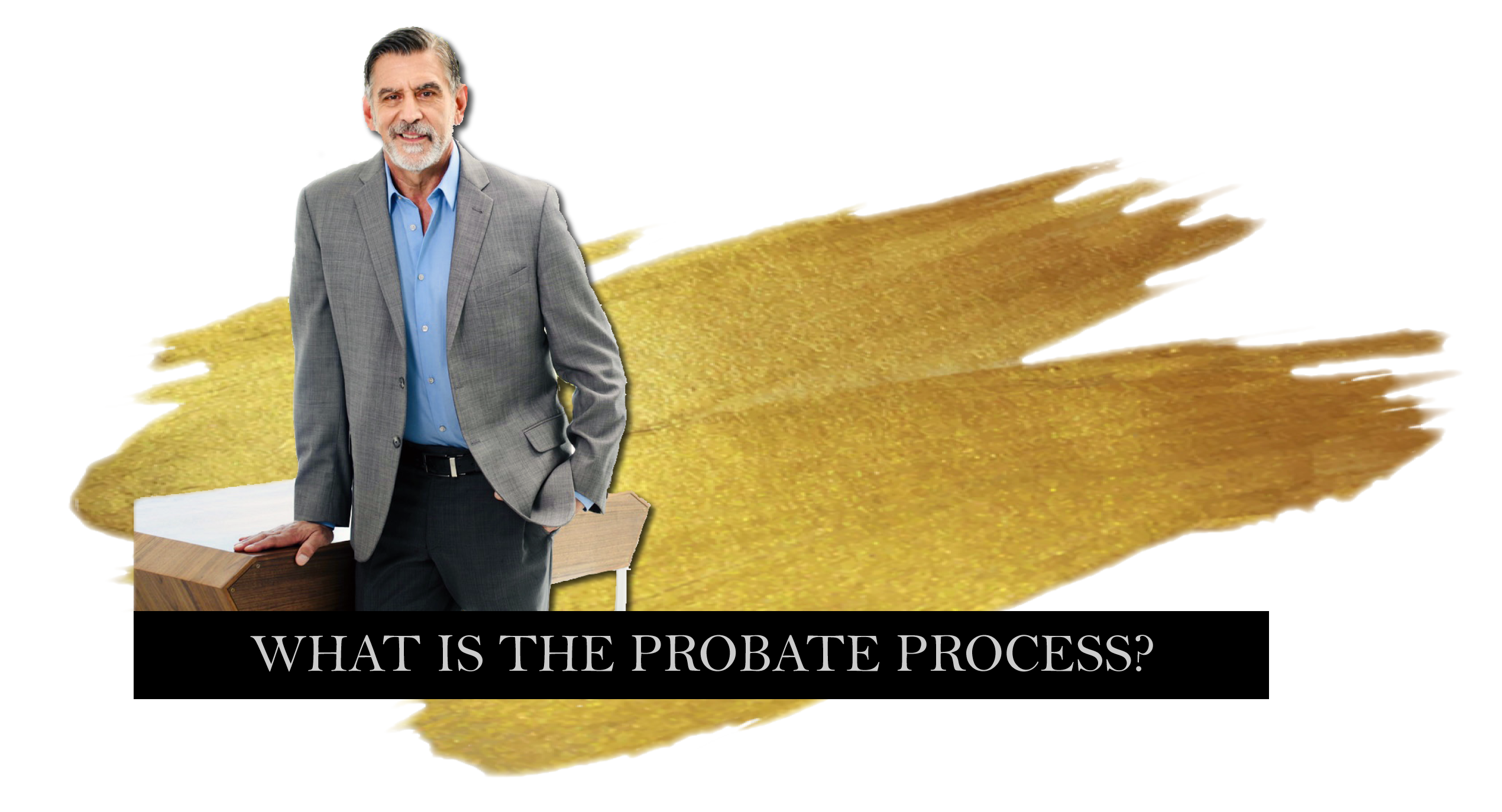
The probate real estate process may seem confusing between the court proceedings and legal documents; however, probate properties will typically follow the same course. In general, there are four main steps to the probate process (though exact proceedings can vary depending on the state).
1. Executor Of The Estate:
For the probate process to begin, an Executor of the estate must be appointed. Typically, the Executor is named in a decedent’s will, but if not, the court will appoint an Administrator to fulfill the role. The will includes whether or not an heir will inherit the property or if it will be sold.
2. Property Appraisal:
If the property will be sold, the Executor will then determine – in collaboration with the real estate professional – a listing price for the subject property. The list price may be determined after an appraisal with the help of a real estate agent experienced in probate sales.
3. Property Listing:
After the listing price is established, the property will then be prepared for the market. The real estate agent working with the property will market it with a strategic marketing plan to attract the highest possible offer.
4. Approval and Sale:
Once an offer is received, the real estate professional will negotiate the terms to the satisfaction of both parties. An official notice will be mailed to all heirs of the estate, establishing a 15-day period to object to the property’s sale. If there are no objections, a court date will be scheduled where the sale of the house will move forward.
How Long Does Probate Take?
The typical probate process can be affected by the number of heirs, any issues with the execution of the will, and any taxes or debts attached to the property. Additionally, the state and local laws where the property is located could impact the overall timeline. In some cases, probate can take as little as six months, though this is not always the norm. The presence of a will can speed things along greatly. The reason being, a will signals that the property has already been assigned to a specific beneficiary. That heir can then decide, with the collaboration of the estate attorney, on how to move forward with the property.
